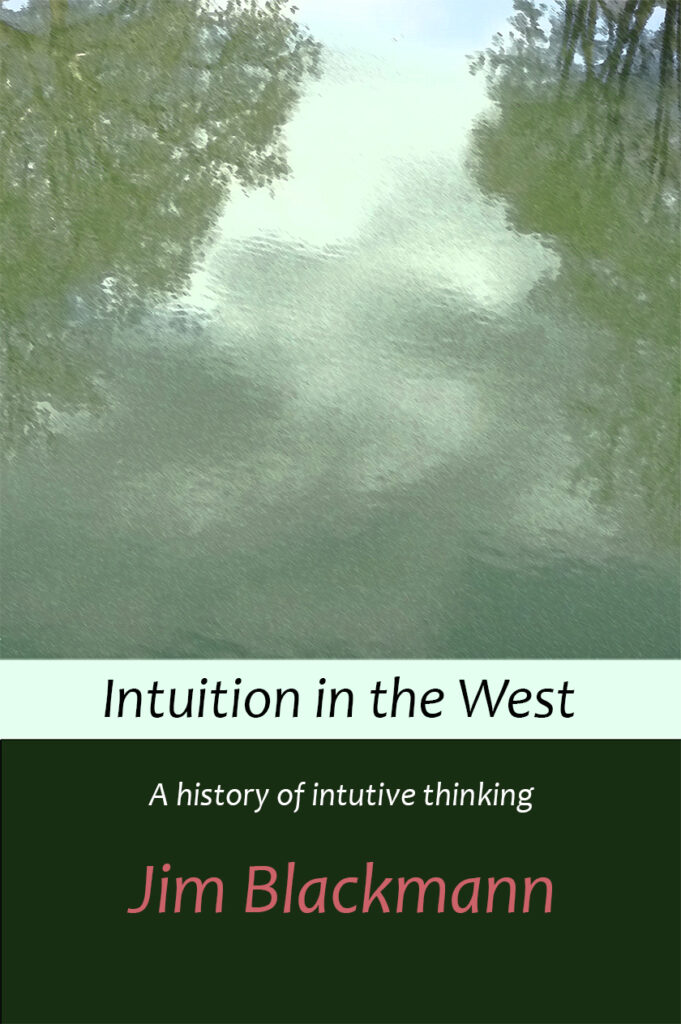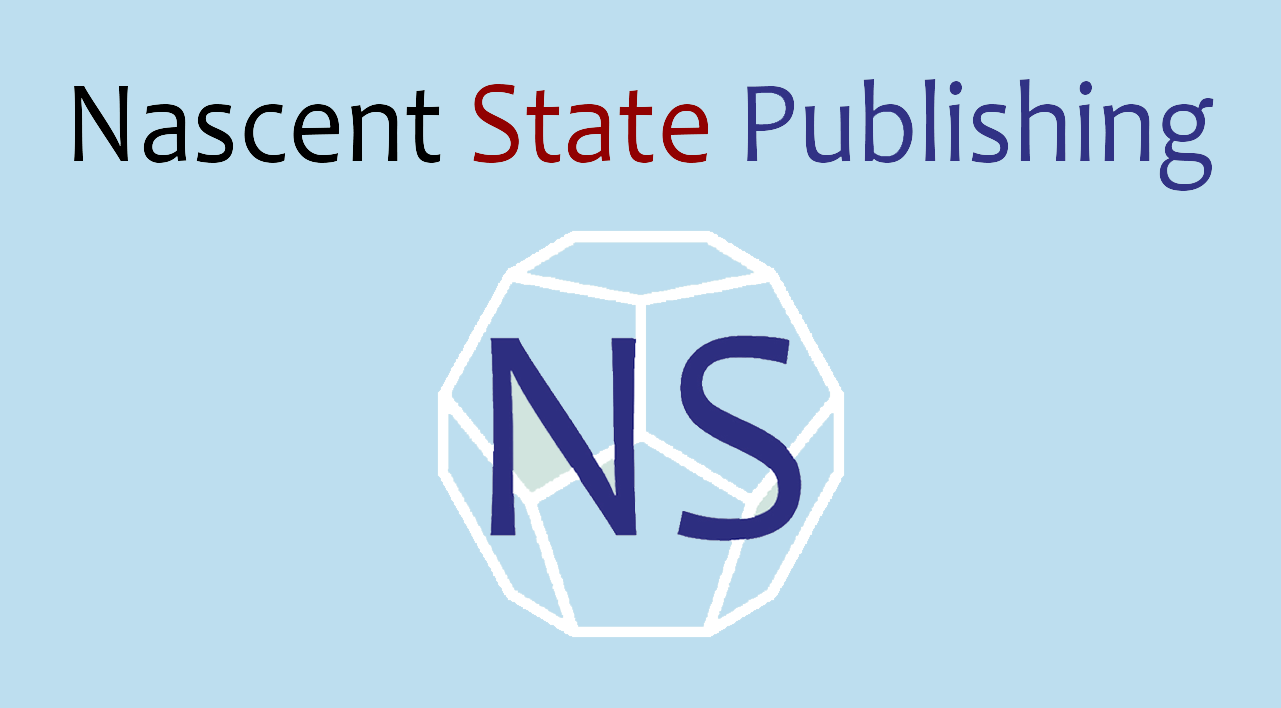Available now on Amazon

Intuitive thinking runs throughout Western culture. The influence of the intuitive mind can be seen in art, philosophy, science and religion in Western culture, and yet it is little commented on or studied by conventional education. This is because the Church adopted logic to find fault with the heresies, and the heresies were highly intuitive. Since then, intuitive thinking in the West has existed outside mainstream education and culture.
The intuitive mind does not speak in carefully constructed arguments. It speaks, if in a voice at all, in visual images. That is why intuitive culture has always been expressed in symbolic imagery. To study intuitive culture is to study the expression and influence of symbolic imagery, and indeed all that is widely regarded as unorthodox, unconventional and obscure in Western culture.
Intuition in the West adopts a disinterested approach to the study of the intuitive mind and its influence. There are chapters on Paganism, the Heresies, the Reformation, the Renaissance, the Enlightenment, the Nineteenth Century and the Modern Era. While some of the chapters cover religious themes, this because much of Western history has been under the influence of religion. The modern secular outlook only emerged from the time of the Enlightenment onwards, and from that point intuitive thinking became secular.
The study of intuitive culture will allow the reader to see how the intuitive mind has found expression in different conditions and times, and even in hostile environments. It will reveal much that is obscure about Western culture and much that is misunderstood about intuitive thinking itself.
In addition to intuitive culture, there are chapters on logic and intuition, in order to demonstrate the differences between them. There is also a chapter on Taoism, Buddhism and Hinduism, because logic and its accompanying dogma is not as dominant in the East, and so its intuitive culture is expressed more openly and directly.
The present era provides the opportunity to discuss ideas which at one time would have been deemed heretical and even dangerous. The present book takes the opportunity provided by this liberalism to outline many subjects which, considered from the point of view of conventional education, may have seemed obscure and perplexing to the reader. Individual judgement is intuitive. If you are a person who questions, wonders and thinks, Intuition in the West is the book for you.
Click on the flag for the Amazon site



